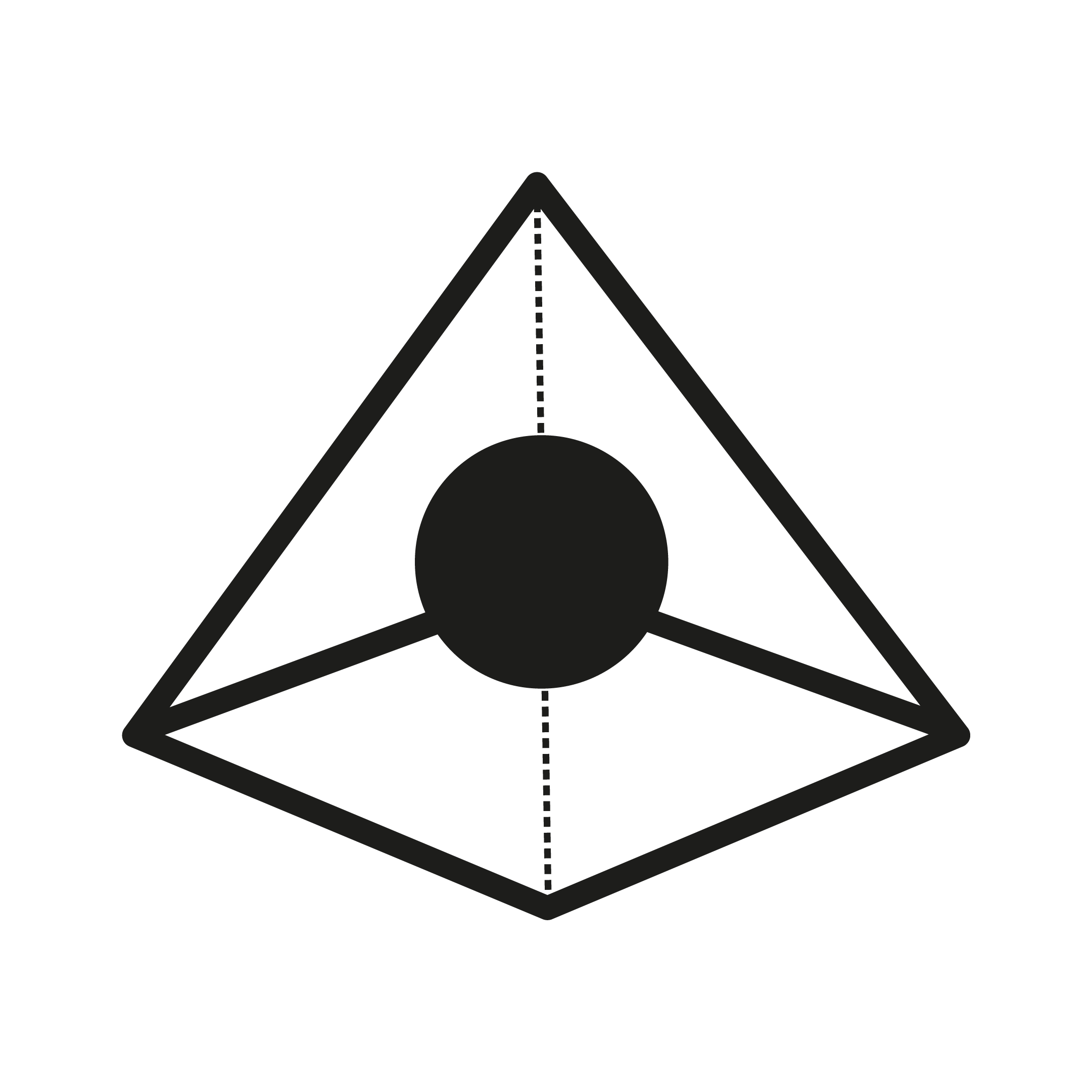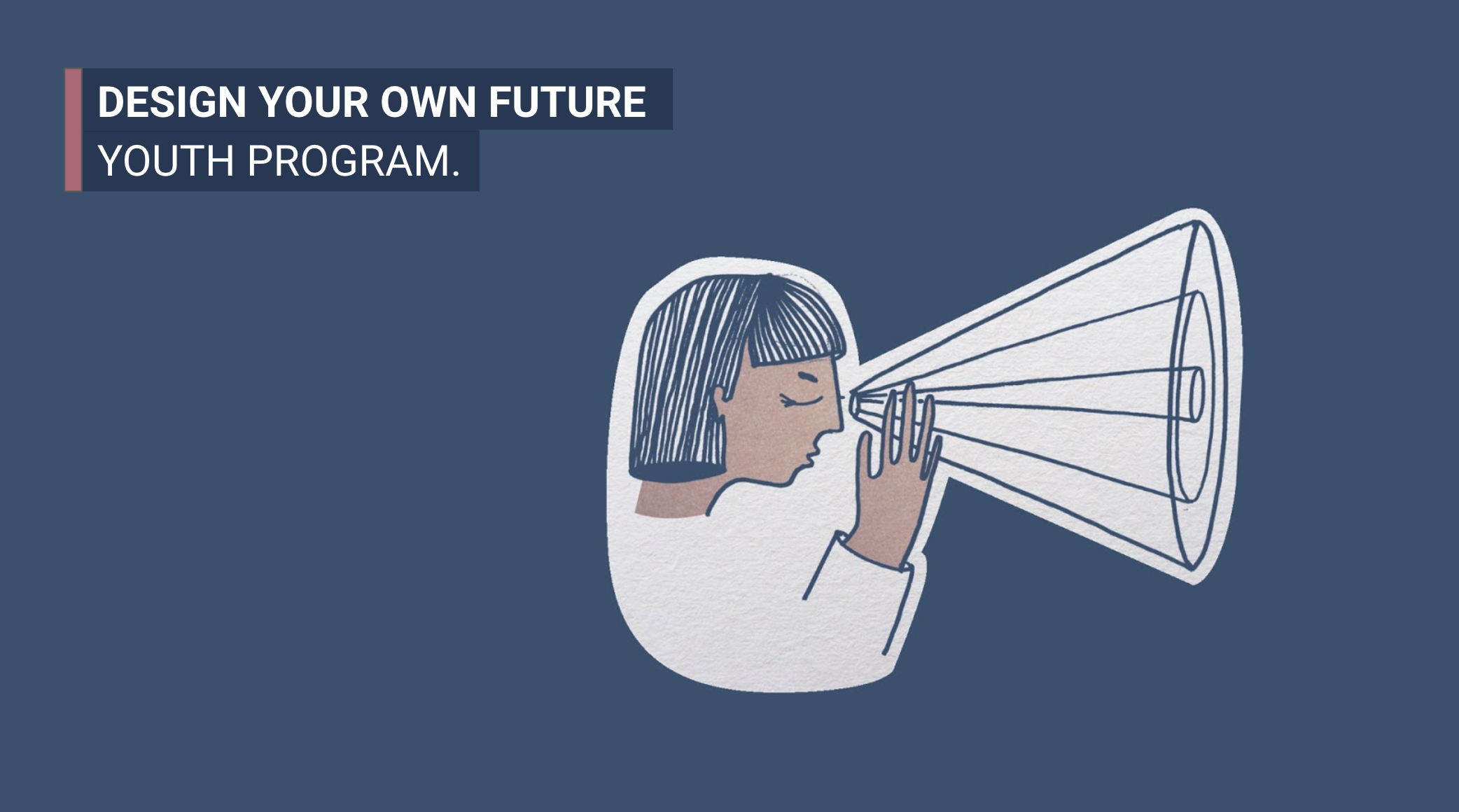How might we use Futures Frameworks to help youth imagine & design better life pathways for themselves & their communities as they move into adulthood?
The DFI Youth Futures Program focuses on teaching youth between the ages of 10-13 problem solving frameworks and methodologies to help them understand how to think positively and strategically about their futures.
Our first version of the DFI Youth Futures Program launched in 2018, when we piloted the approach with the Boys & Girls Club of San Francisco to help them identify and solve social challenges as they move into adulthood. We conducted a series of workshops that traversed various Design Thinking and Futures Thinking principles, exposing our middle schoolers to real-world topics and challenges to help them think more critically about history and the world around them so they can make more positive choices about their life paths.
In the last year we have been reframing the program to support kids with other challenges such as disabilities and chronic illnesses, for whom in-person workshops may not be an option. Together with virtual reality startup Fanaticus, we have been developing a VR game to help children immerse themselves in a fantastic cosmos to help them think strategically about life and develop an empowered mindset and attitude, to support them through the difficulties of living with a disability or illness.
Who are we serving?
Kids with chronic illnesses often experience long or frequent hospitalization or isolation periods long and frequent. Some of these children associate themselves and their lives predominantly with their illnesses. The Futures Framework will help provide necessary skills to help them imagine alternative futures and provide the foundation for understanding how learning about futures thinking early could transform the lives of kids.
What is the goal?
Our goal is to turn the Futures Framework workshops into an interactive, immersive digital distribution through an interactive game experience compatible with mobile devices, computers, or VR headsets. This adapts the in-person experience to a digital-first world through more meaningful interactions than videoconferencing alone and expands the program’s reach to introduce more kids to the Futures Framework. The structure of the program is built around vision, collaboration, and critical thinking.
For more info contact youth.program@futures.design

